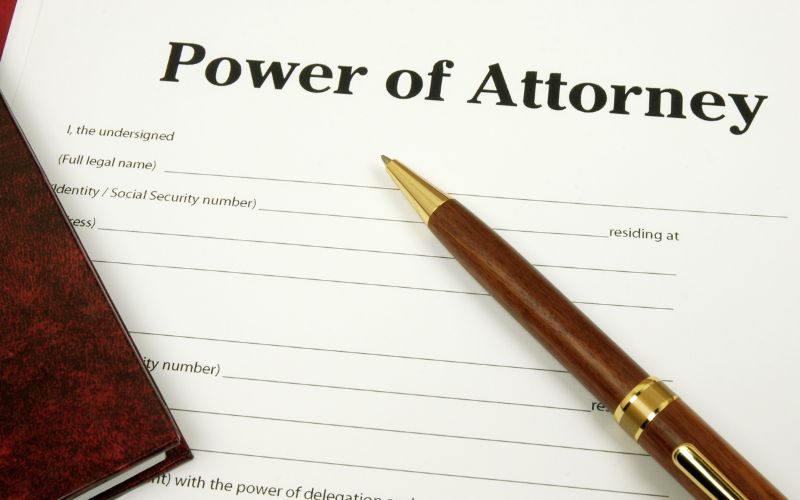Lasting Power of Attorney (LPA)

A lasting power of attorney (LPA) is a legal document that lets you (known as the ‘donor’) appoint one or more people (known as the ‘attorneys’) who you trust to help you make decisions or to make decisions on your behalf. LPA is usually given to family members.
Some people living with dementia will reach a point where they can no longer make certain decisions for themselves, such as managing their finances. When this happens, it is known as lacking ‘mental capacity’.
An LPA gives you more control over what happens to you if you have an accident or an illness and cannot make your own decisions (you ‘lack mental capacity').
LPAs can make things easier for you and your family and friends as your dementia progresses.
There are 2 types of LPA available in the UK:
- Health and welfare
- Property and financial affairs
You can choose to create one type or both and you can appoint the same person to be your attorney for both, or you can have different attorneys.
All LPAs must be registered at the Office of the Public Guardian (OPG) before they can be used. The OPG is a Government body that is responsible for the registration of LPAs Alzheimer’s Society has some helpful information called ‘How do I make an LPA?’
Health and welfare lasting power of attorney
This LPA gives an attorney the power to make decisions about things like:
- Your daily routine for example washing, dressing, eating
- Medical care
- Moving into a care home
- Life-sustaining treatment.
This type of LPA can only be used when you’re unable to make your own decisions.
Property and financial affairs lasting power of attorney
This LPA gives an attorney the power to make decisions about your money and property for example:
- Managing a bank or building society account
- Paying bills
- Collecting benefits or a pension
- Selling your home.
This type of LPA can be used, with your permission as soon as it’s registered.
FAQs
Can anyone make a lasting power of attorney?
You need to be over 18 and have what is called ‘mental capacity’ to make an LPA. This means that you must be able to understand what an LPA is and what making one means.
When should I make a lasting power of attorney?
You can make an LPA at any time. Dementia is a progressive disease which means that it will become more difficult to make plans and decisions over time. It is advised to start thinking about making an LPA as soon as possible.
Talking about LPAs with your family or close friends can be a good way to think about what you want for the future.
What do I do if I change my mind about the person I’ve chosen?
You can ask the Office of the Public Guardian (OPG) to remove an attorney if your lasting power of attorney (LPA) is registered and you still have 'mental capacity' to make decisions.
You will need to send OPG a written statement called a ‘partial deed of revocation'.
You can find more information on the GOV.UK website
Page last updated: September 2023.
MHA in your community
Find the care home, retirement community, or support group that’s right for you

